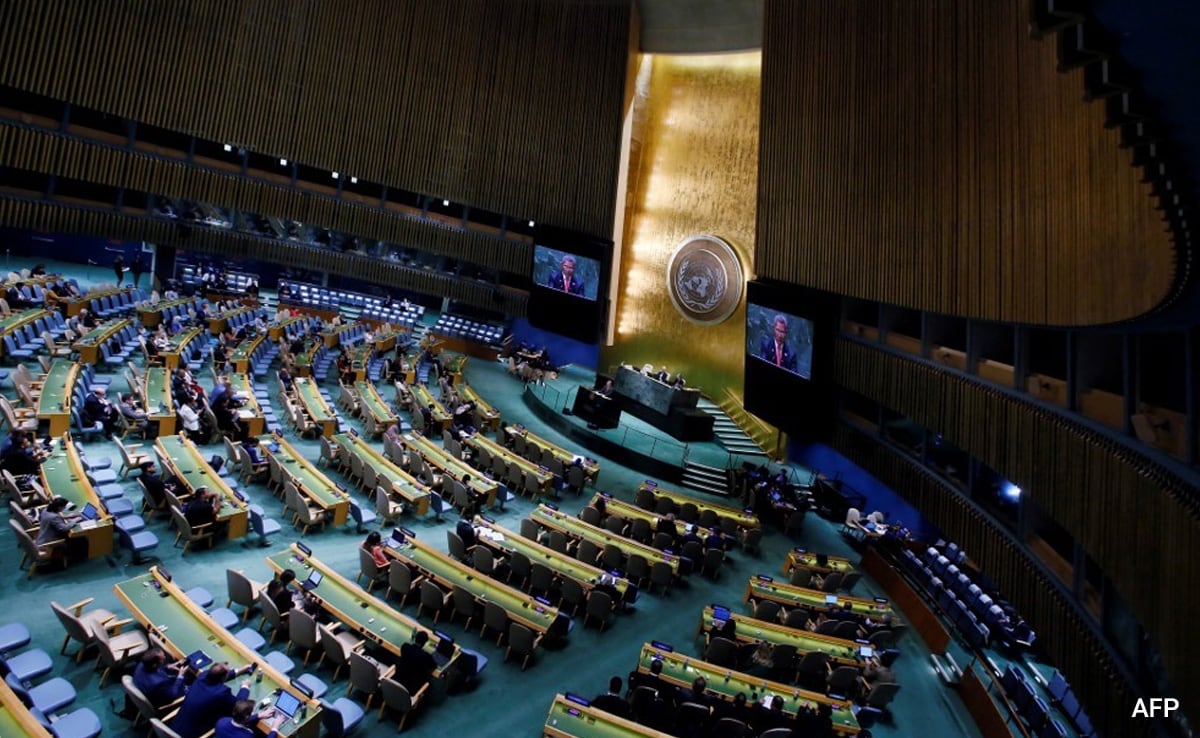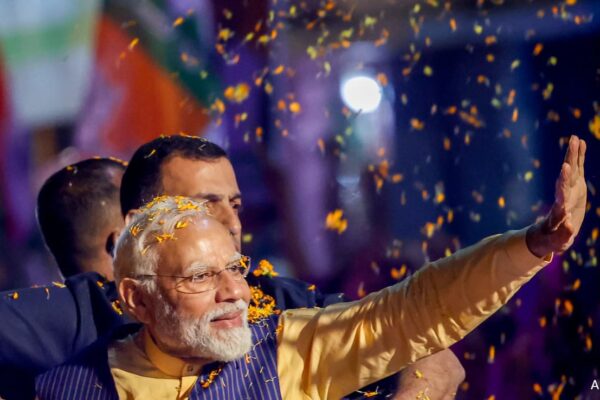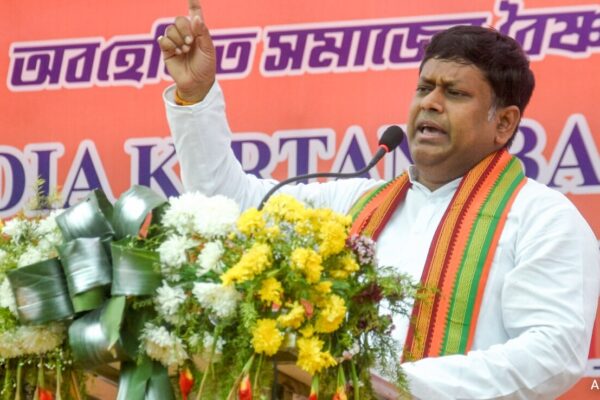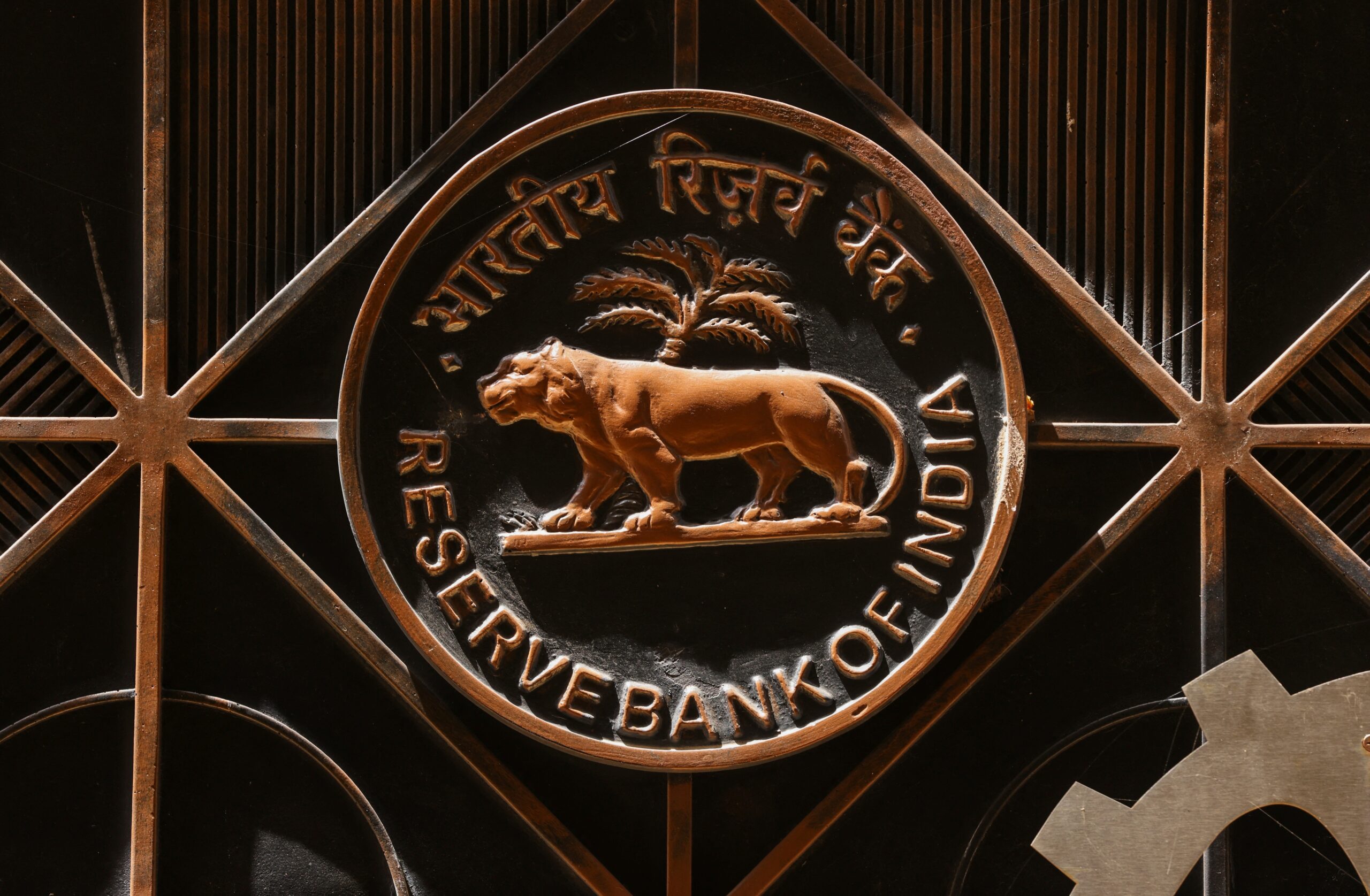
The court held that it cannot rely on “half-baked information” to direct a probe into RBI. (File)
Mumbai:
The Reserve Bank of India (RBI) plays an important role in shaping the country’s economy, and courts should refrain from delving into the monetary regulatory framework, the Bombay High Court said while dismissing a petition alleging wrongdoing by RBI officials during the 2016 demonetisation policy.
A division bench of Justices A S Gadkari and Sharmila Deshmukh on September 8 dismissed the petition filed by Manoranjan Roy, who claimed to be a tax volunteer, seeking an independent investigation to inquire into alleged wrongful activity and action by certain RBI officials during the demonetisation of Rs 500 and Rs 1,000 currency notes.
The bench, in its order, noted that the petition was nothing but a fishing inquiry into what the petitioner perceived to be a scam based on half-baked information.
“The act of RBI in issuing the legal tender is a statutory function backed by expert committees and cannot be called in question on frivolous grounds,” the high court said.
The demonetisation notification issued in 2016 was a “policy decision”, it said.
It is trite that there is a presumption that the policy decision, which was made, is bonafide and in the interests of the public unless found otherwise, the court said.
“It cannot be disputed that the RBI plays an important role in shaping the economy of our country and the courts should refrain from delving into the monetary regulatory framework unless it is shown to the satisfaction of the Court that there is a need for an investigation by an independent agency,” the bench said.
The court further said that in its opinion, there was no ground to seek inquiry or investigation, as the allegations levelled by the petitioner do not demonstrate the commission of the offence.
It noted that since 2016, the petitioner has been persistently seeking an investigation into the functioning of the RBI alleging irregularities and illegalities, but has not supported his claims with cogent material and reports of independent financial experts.
“That not being done, in our opinion, the present petition is nothing but a fishing inquiry into what the petitioner perceives to be a scam based on various figures set out in the annual reports as well as the information given under the RTI,” the court said.
The court held that it cannot rely on “half-baked information” and direct an investigation into the statutory functioning of an institution like RBI.
Roy, in his plea, has alleged that certain RBI officials did not follow proper procedure and helped certain beneficiaries exchange their unaccounted old currency notes during demonetisation.
The petitioner relied on the RBI’s annual report submitted between 2016 and 2018 and claimed that the legal tender of the Rs 1,000 and Rs 500 notes in circulation was less than the figure received after demonetisation.
The petitioner had sought for an inquiry to be initiated for the offences of criminal conspiracy, criminal breach of trust and cheating.
“Considering the prominence that the RBI commands in the economic structure, the annual reports of the RBI, which are put in the public domain by the experts, cannot be questioned as being irregular or illegal without any demonstrable criminality,” the court said.
“We find that the petitioner has collated the information from the annual reports of RBI and information received under RTI (Right to Information) and has come with a case that the numerical figures therein reveal discrepancy,” the court said.
This information, however, does not point to the commission of the offence to entail a detailed inquiry or investigation, it added.
While dismissing the plea, the court said it was inclined to impose exemplary cost on the petitioner, but was refraining from doing so at the request of his advocate. PTI SP ARU
(Except for the headline, this story has not been edited by NDTV staff and is published from a syndicated feed.)







